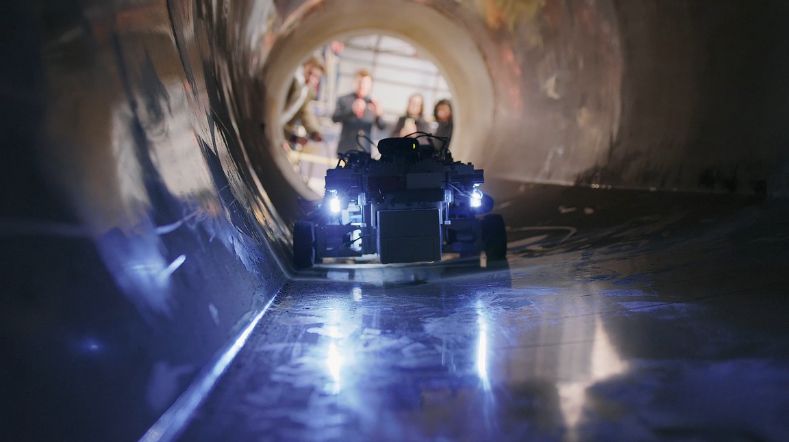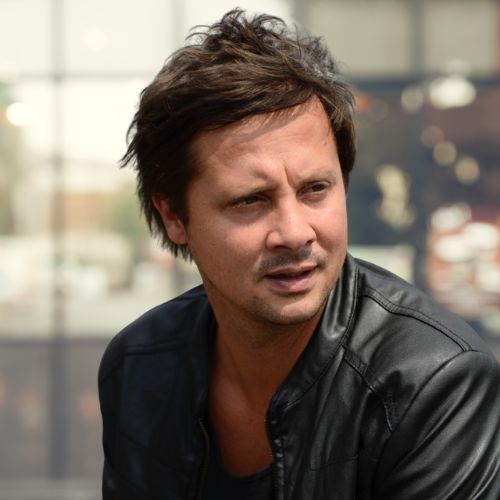
TNO at Lowlands festival: science beyond the lab
TNO was part of LL25 Science: the science programma of Lowlands festival. With the help of festival-goers, TNO experts investigated whether holding a robot hand helps with anxiety, how many microplastics clothing contains, and whether we can consider AI and machines as living.
Microplastics: Small particles, big impact
In a futuristic clean room, right in the middle of the second-hand clothing market, festival-goers stepped into the role of researcher. They got to feel the difference between natural and synthetic fabrics, put on a lab coat and see directly how many particles an outfit releases into the air. TNO experts answered their questions on wearing behaviour, sustainability, innovation and clothing choices. This project has been made possible in part by NWO.



Researcher Alex Leighton: “At Lowlands you can find a wide variety of clothing. Some people buy new items specifically for the festival, others wear outfits they've been using for years. We can ask people how often they have washed and worn something and then measure the released particles. This provides us with data that we can't get in the lab!'
Hold Tight: An experience that won't let you go
Is shared fear half as bad? The tension built in this film experience, the screen went dark and then... Dutch Touch Society investigated how a friendly touch from another person can change the experience of fear. And was holding a robot just as effective for calming nerves? This research provides TNO with important insights for application in the defence domain. Dutch Touch Society is a collaboration between TNO and Utrecht University, University of Twente, TU Delft, TU Eindhoven, University of Amsterdam, Tilburg and Utrecht University of Applied Sciences.



Researcher Jan van Erp: 'We know that touch helps to reduce stress and pain. But does it also help if you hold the hand of a stranger? Or a robot? Until now, this type of research has mainly been conducted in hospital settings. Lowlands was the perfect opportunity to test it with a large group of healthy subjects, both men and women.’
To be or not to be: What is life/alive?
Must something have a heartbeat or be able to reproduce, or can AI and machines also (ever) be considered as living? With the Origins Centre, TNO researchers dove into a question without an easy answer: what actually is life? An interactive installation at the intersection of science and philosophy, with the help of Conversations with AI. This research was also made possible in part by NWO.



Researcher Hein Kolk: 'The enthusiasm of the more than 300 participants was great, even on day 3. That was wonderful to experience. This experiment showed a positive side of AI in solving human issues. An interesting addition to TNO's research into large language models and aspects such as ethics and trust. The installation is reusable, so who knows, we may repeat it in another location.'
Why was TNO at a festival?
We believe that real progress happens when knowledge is shared – not only in reports, but also in places where people are moved. As the Netherlands' innovation engine, TNO works on solutions that contribute to a liveable society and to tomorrow's earning capacity. Whether it's about circular materials, biotechnology or mental resilience: we're building impact from laboratory to festival field.
Want to work at TNO? Become a time setter
TNO employees are driven professionals who push boundaries every day. They develop innovative solutions in the areas of health, sustainability, digitalisation, and safety. Whether in the lab or outside, like at Lowlands, they're making their mark on our time. Discover how we make innovations applicable to society.
Find the full programme on the Lowlands website (Dutch):
- LL25 Science: Hold Tight: Een ervaring die je niet loslaat
- LL25 Science: Microplastics: Kleine Deeltjes, Grote Impact
- LL25 Science: To Be or Not To Be: Wat Is Leven(d)?
And see the articles by New Scientist (Dutch only):
Bang voor enge films & Weet wat je draagt
Get inspired
Well-prepared for the next pandemic: seven practical tips for proper ventilation
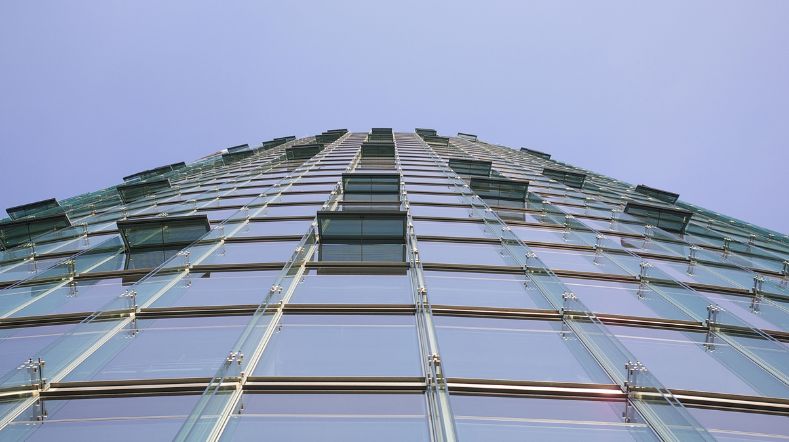

Time setter story: Boudewijn Docter
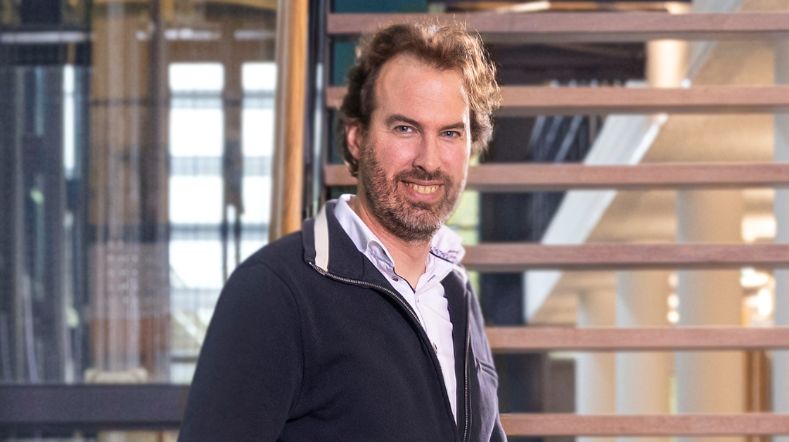

Microplastics in clothing
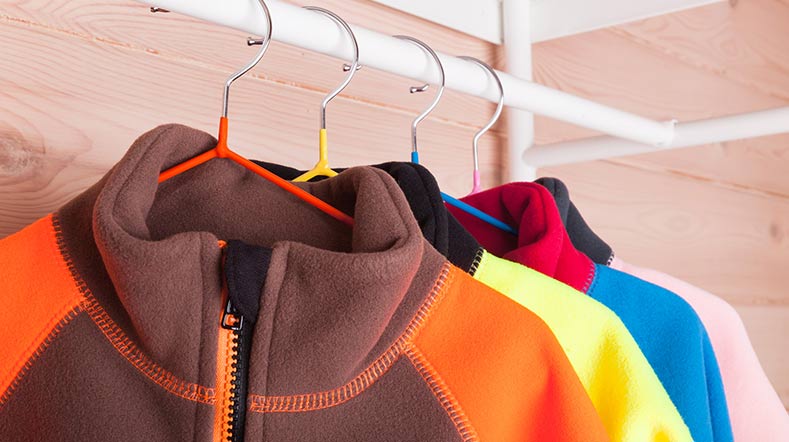

Optics
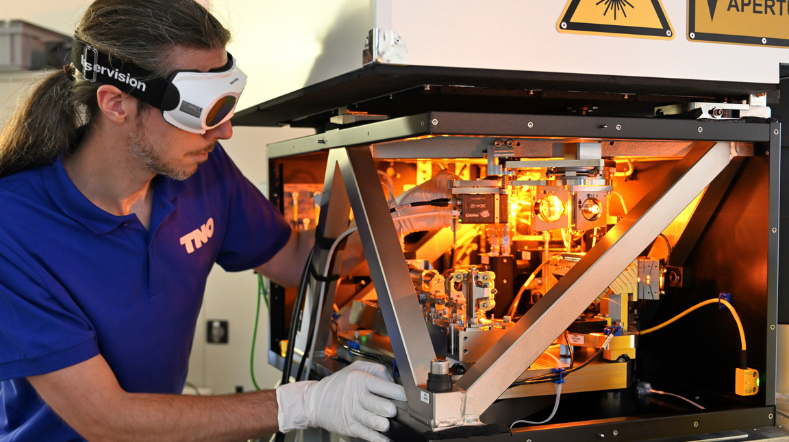

Improving wind turbine maintenance with the sensor installation robot
